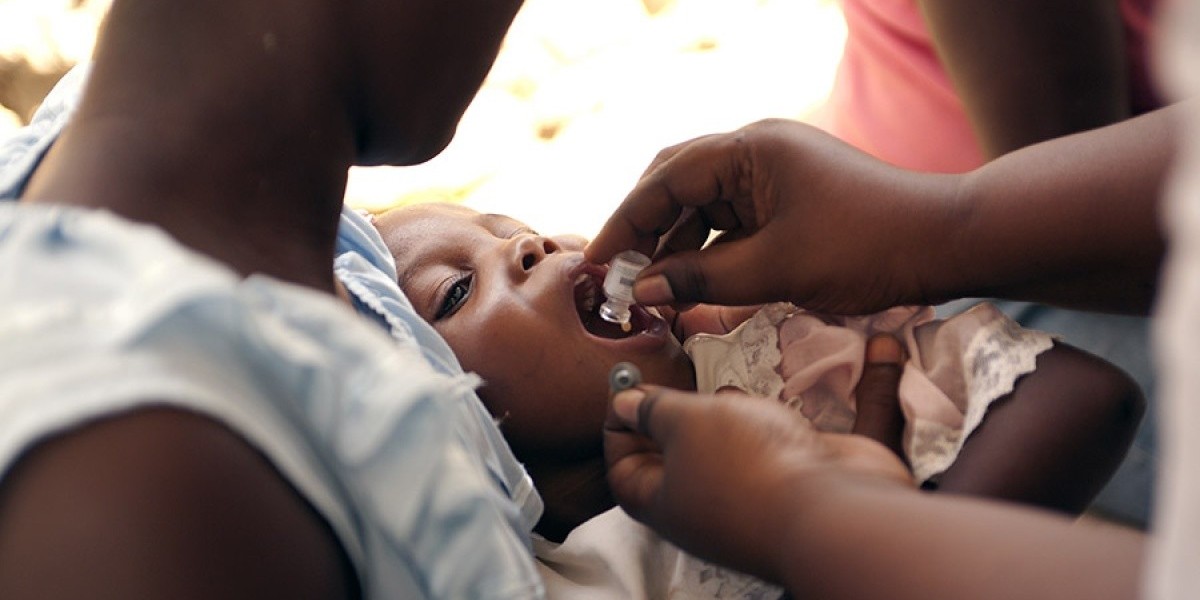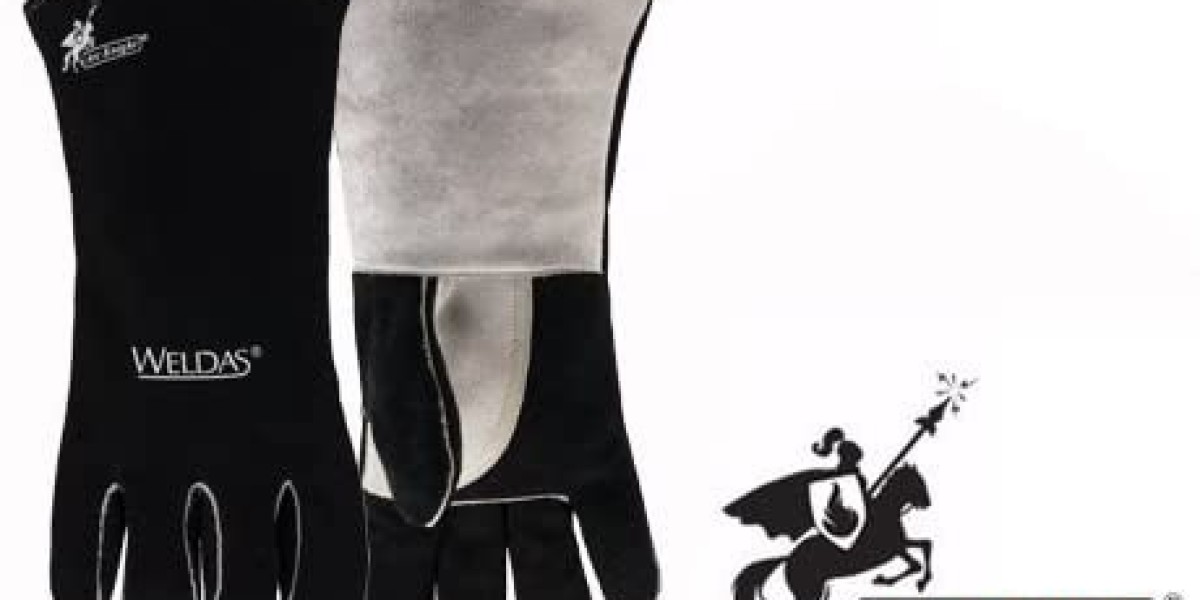The Growing Problem of Cholera
Cholera causes a deadly diarrhea that can kill within hours without treatment. Nearly 3 million people contract cholera annually and over 95,000 die from it each year according to the World Health Organization (WHO). Cholera remains endemic in over 50 countries and large outbreaks have occurred in recent years in countries like Haiti, Yemen and Mozambique. With growing urbanization and strained water and sanitation systems in many parts of the world, cholera cases are on the rise globally and threaten public health security. Public health experts agree that vaccines are a crucial tool to fight cholera especially during outbreaks.
Cholera Vaccines Industry Provide Critical Protection
There are currently two oral cholera vaccines (OCVs) prequalified by the WHO for purchase and use internationally - Shanchol and Euvichol. Both vaccines use killed whole cell vibrio cholerae to trigger an immune response, providing protection against the two major serogroups that cause cholera. Studies have shown that a single dose of Shanchol or Euvichol provides over 60% protection for at least 6 months. A second "booster" dose provides longer lasting protection of over 80% for up to 3 years. OCVs do not provide absolute protection but greatly reduce risk of developing severe cholera if exposed to the bacteria. Campaigns using OCVs have successfully helped curb cholera outbreaks in multiple countries in both epidemic and endemic settings.
Cholera Vaccines Industry Production and Supply Needs are Growing
While oral Cholera Vaccines are safe, affordable and effective, vaccine supply has not kept pace with growing demand from endemic and outbreak countries. The two manufacturers of prequalified OCVs - Shantha Biotechnics (Shanchol) and Eubiologics (Euvichol) - have capacities of 30-40 million doses annually combined which falls short compared to the needs of countries with cholera risk. Manufacturing OCV doses also takes 6-9 months as the vaccine production process involves growing the bacteria strain and inactivating them. This lag time can be problematic during emergencies. Both companies are working to expand production facilities which would help increase supply over the next 5 years. However, sustained financial commitments are still needed from international donors, agencies and countries to purchase large stocks of vaccines to control cholera long term.
Country Deployments Highlight Vaccine Effectiveness
Several countries have undertaken large-scale vaccination campaigns using OCVs with success in controlling cholera outbreaks and transmission. A massive campaign was launched in Bangladesh in 2002 using the new Euvichol vaccine. Over 700,000 people were vaccinated and the incidence reduced by 88% within 3 years. Similarly, a reactive campaign with Shanchol in Haiti in 2012 provided almost 1 million people with a single dose, reducing cholera cases by 92% in targeted communities. Mozambique saw a 66% reduction through an integrated response including improved water and sanitation along with mass vaccination. Analyses show that vaccination can reduce cholera incidence by over 80% when combined with other control measures. The protective benefits also last for 2-3 years helping reduce disease resurgences.
Increasing Global Funding Needed for Equitable Access
While oral cholera vaccines have proven effective, access to the life-saving tools remains inequitable globally. Wealthier cholera endemic countries includingIndonesia, the Philippines and Sudan have been able to afford domestic vaccination programs through national budgets. However, many resource-limited countries impacted by wars, poverty or natural disasters lack funds to purchase sufficient vaccine stocks for routine or emergency use.
Key global funding sources including Gavi, the Vaccine Alliance do not currently support the purchase of cholera vaccines leaving many at-risk populations unprotected. Public health experts argue that increasing international funding commitments specifically earmarked for cholera vaccines could help expand equitable global access. This would save lives, reduce illness and support countries working to control cholera transmission in the long run.
Get more insights on Cholera Vaccines



